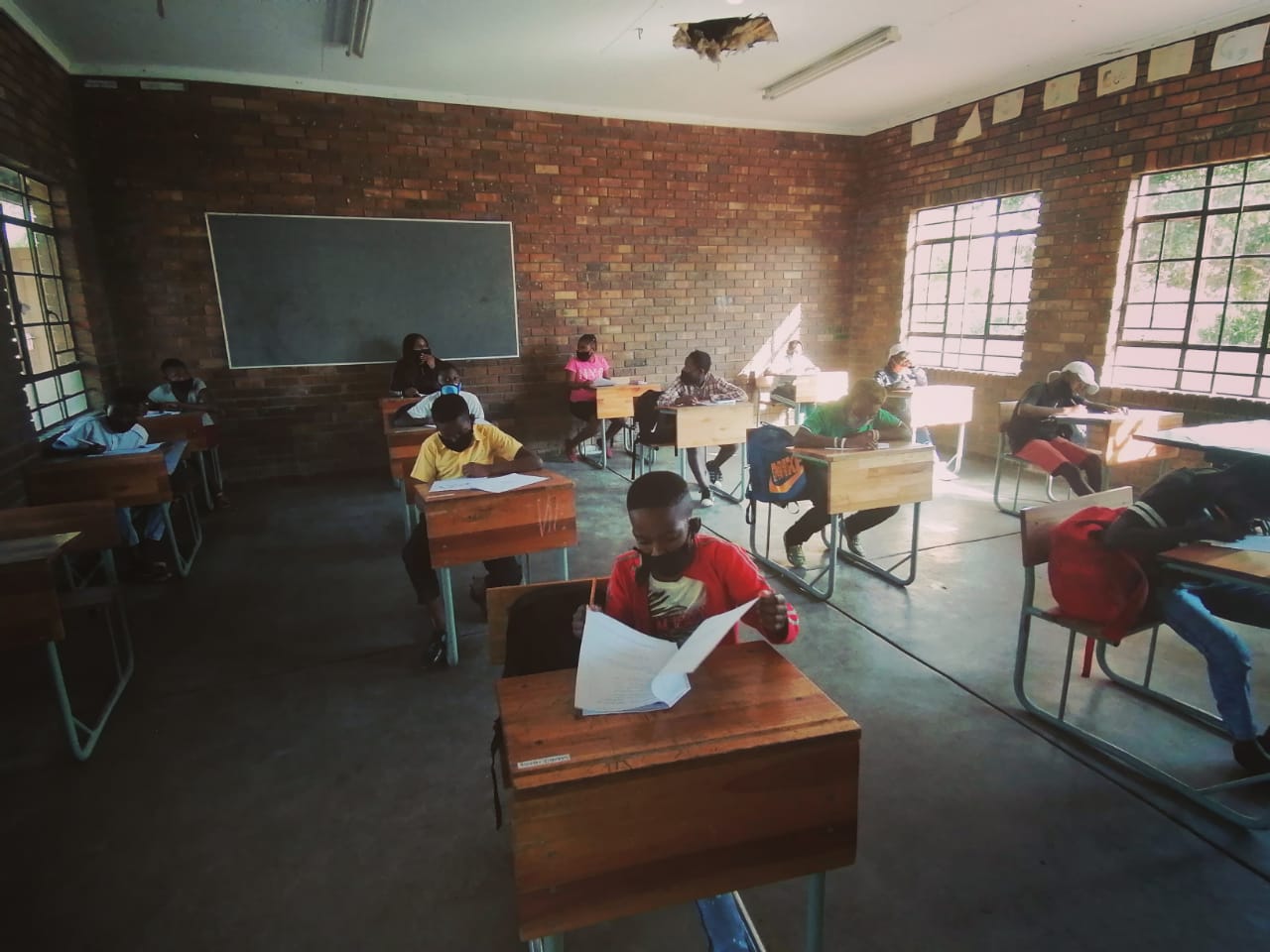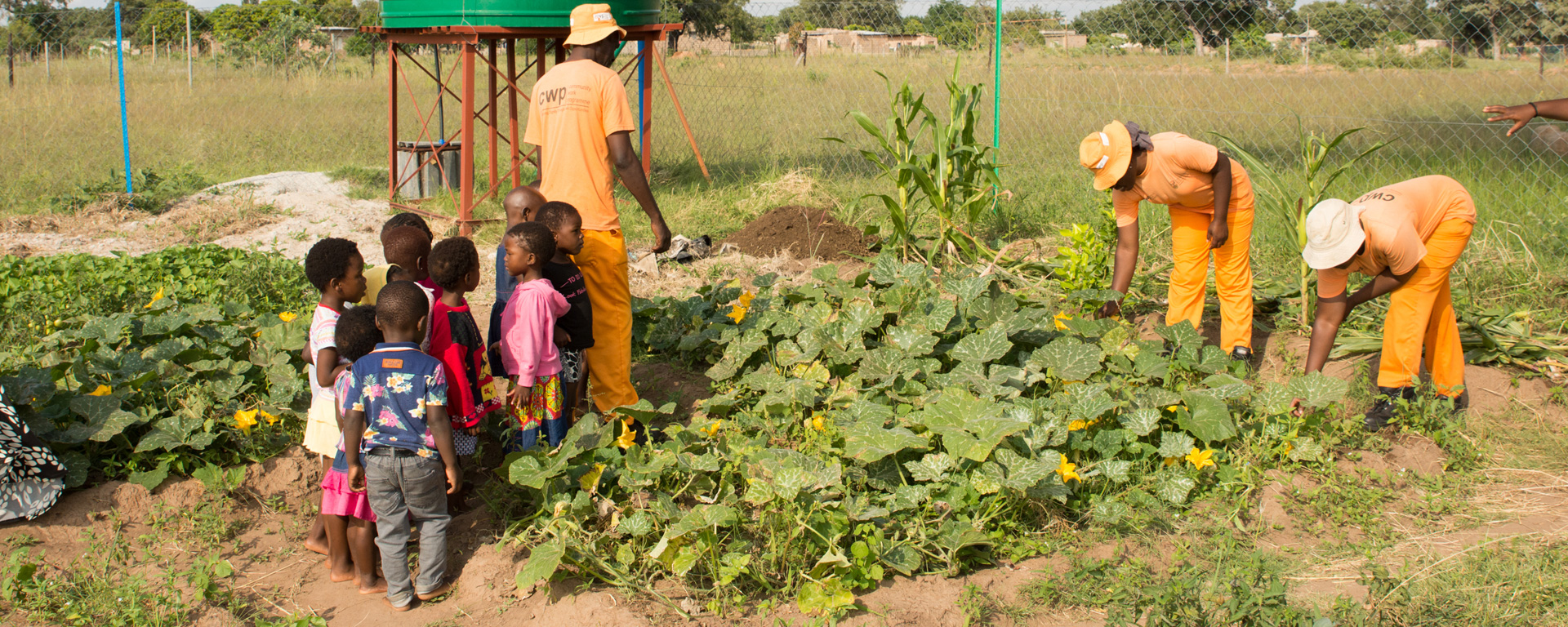
14 Oct 2020 Teaching Students In The Middle of A Pandemic
Global Handwashing Day is October 15th, it is an important day around the world as it is a day to recognize how access to clean water is crucial to preventing the spread of disease. This Global Hand Washing Day resonates with us even more this year as regular hand washing is one of the major tools we have to prevent the spread of COVID19. Unfortunately, there are millions of people who lack access to a reliable source of clean water. When reopening schools in Mpumalanga and Limpopo, schools with water access were prioritized over those without. Many of those schools that do not have water are still closed and some have been approved to open but are relying on hand sanitizer as their only form of cleaning hands.
To learn more about what schools are doing to keep their students safe during the pandemic, we interviewed Madame Thibela, principal of our partner school, Ntsoelemolodi Primary School! Madame Thibela shared that she had several concerns about reopening her school. She shared that many of the teachers at her school fall within the age range of high risk, and she worried about the health of her colleagues and how she was going to implement practical solutions in her school that would keep her colleagues safe. The school’s teacher to student ratio is very large with 1 teacher to 30 students and she knew that to fully implement safety measures, her school would need more teachers, larger classrooms, and smaller individual desks.
Madame Thibela and her colleagues worked hard to clean all the surfaces in their classrooms and surrounding area after the government fumigated the schools. They marked the floors for learners to know how far apart they had to be at all times and taped rules that all students had to follow on every desk. All teachers are encouraging their students to wash their hands every 30 minutes as they recognize this is one of the major ways they can prevent the spread of coronavirus during the school day.
School during the pandemic is frustrating and stressful for students and educators across the globe. Getting students to keep their masks on at all times, keeping them socially distanced, and keeping kids focused is an everyday struggle, especially in preschools and primary schools. Ntsoelemolodi Primary School and other schools in these rural areas of South Africa face a struggle of lack of support, resources, funding, and guidance. Madame Thibela shares that they are still in need of more teachers as some have had to stay home due to being older or having underlying medical conditions. Their rotating classroom plan also puts an extra strain on teachers. Teachers everywhere are taking on more responsibility and roles to help keep their students safe and healthy. In South Africa, teachers are not only responsible for their students’ education but they are now their school’s security guards, health workers, and councilors. Ntoselemolodi Primary School is one of the more prepared schools in the area, as Madame Thibela went to great lengths to make sure that they had a safe environment and a plan in place to keep students and teachers safe and healthy. Having clean water available at the school is something that Madame Thibela does not take for granted. Many schools in the area lack a reliable source of clean drinking water and are struggling to stay open. Students rely on in person classes to continue their education and to receive nutritious lunches and food support. Without clean water though, schools are unable to provide the basic tools needed to keep their students safe throughout the pandemic.
